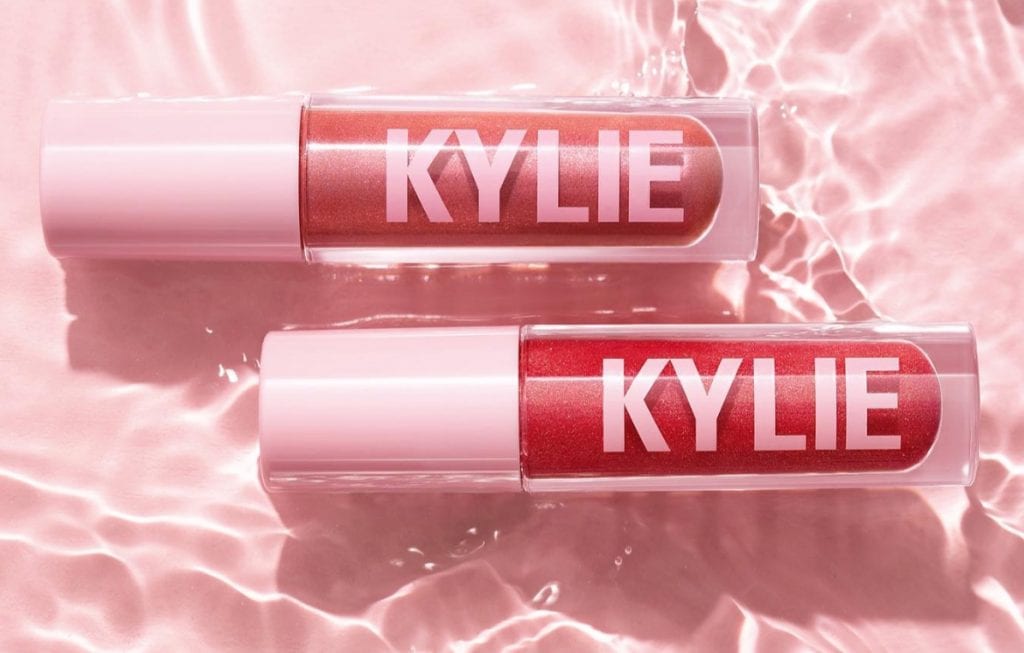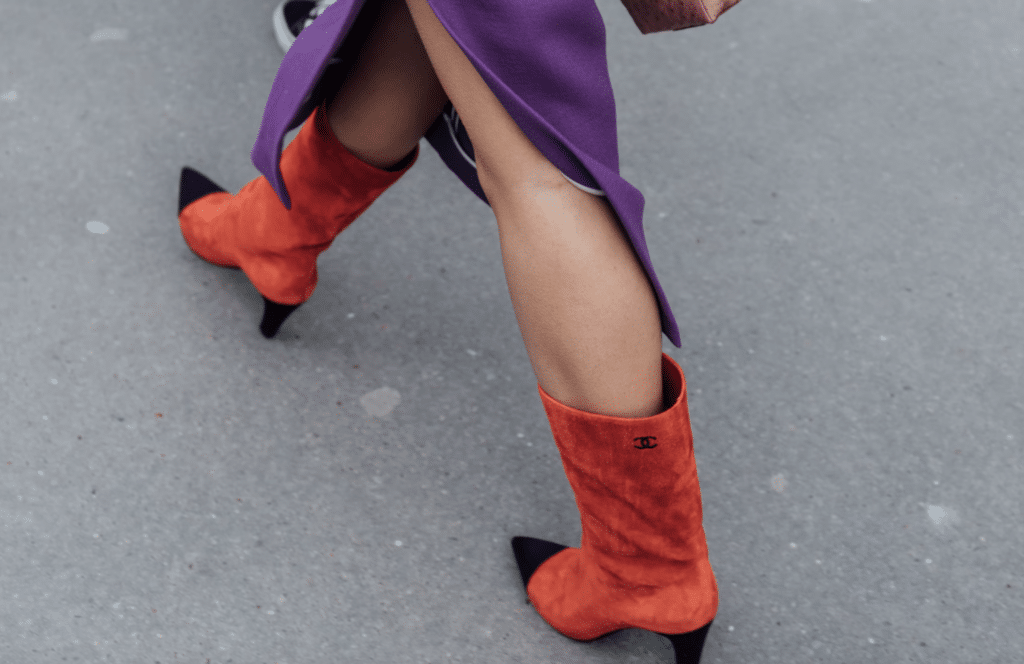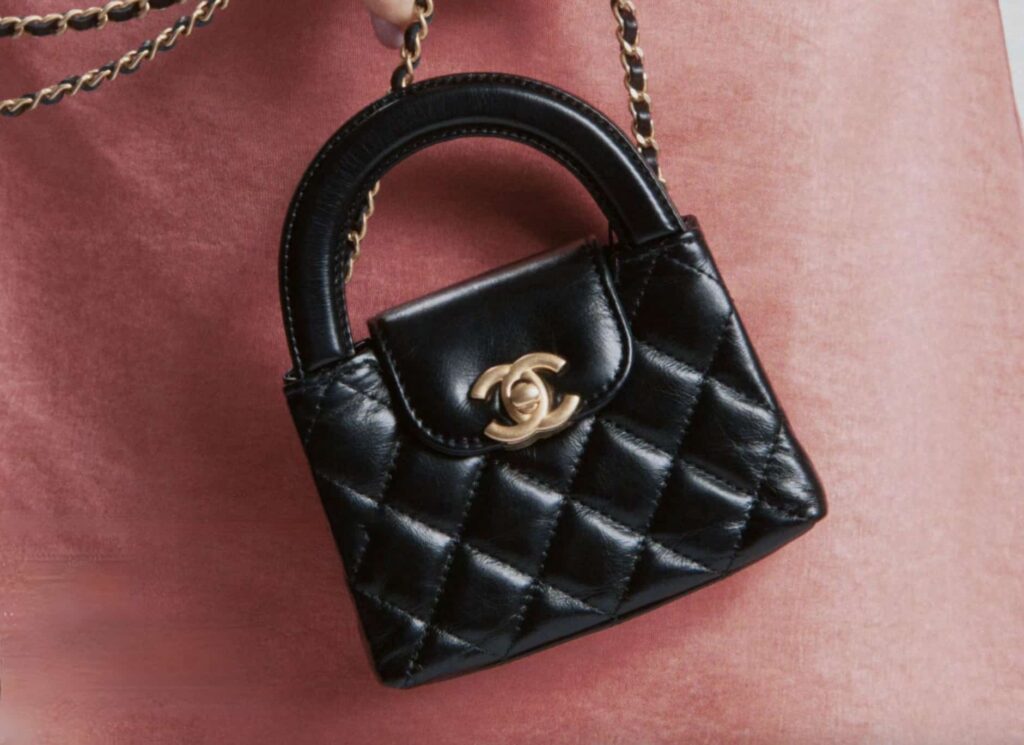The beauty of Kylie Cosmetics is multi-faceted. Since Kylie Jenner launched her beauty brand by way of a small collection of $29 “lip kits” – liquid lipstick and liner sets – in November 2015, the privately-held Kylie Cosmetics catapulted the now 21-year old Jenner to the top of the Kardashian/Jenner family earnings ranking, firmly out-pacing older half-sister Kim Kardashian. Even more significantly, profits from the venture landed her a record spot at the tippy top of Forbes’ “young billionaires” list, enabling her to lay claim to Facebook founder Mark Zuckerberg’s previous title of becoming the youngest billionaire at age 23.
Despite big money deals with the likes of Puma, adidas, and PacSun, among others, and paychecks stemming from the family’s reality show, “Keeping Up With the Kardashians,” which is now in its 16th season, Jenner’s monetary success, according to Forbes’ approximations, is mostly due to her beauty brand, which she owns outright. Media reports have revealed that Kylie Cosmetics – which expanded from lip kits to an array of other beauty products, including 30 new products, from eyeshadows to highlighting powders, in 2017 – was, at one point in the not too distant past, bringing in a reported $420 million in sales in 18 months.
“Jenner’s most successful [single] launch to date was her 2016 holiday collection release on November 21,” per CNBC. That launch, alone, saw the company reach nearly $19 million in sales in a single day. Now, revenues for the reality star-slash-beauty mogul’s venture are being projected as capable of hitting $1 billion in total by 2022, according to Women’s wear Daily.
What exactly is the secret to Jenner’s beauty industry success? Forbes, in announcing Jenner’s clinching of the title of the youngest self-made billionaire ever on Tuesday, pointed to the “minuscule overhead” associated with the Kylie Cosmetics business. Jenner’s company “consists of just seven full-time and five part-time employees,” writes Forbes’ Natalie Robehmed. “Manufacturing and packaging is outsourced to Seed Beauty, a private-label producer,” and have been since almost the very beginning.
“Within six weeks of the first release [of Kylie lip kits in 2015], Jenner her mom and manager Kris Jenner decided to partner with Seed Beauty,” CNBC reported in 2017. Seed controls everything from research and development to the manufacturing of the products and their packaging at its headquarters in Oxnard, California, which is about 45 minutes from the Kardashian/Jenner home-base in Calabasas. Seed’s full-service-shop enables Jenner to sidestep virtually all of the most time-consuming and resource-intensive aspects of building a beauty brand.
As for “sales and fulfillment,” those aspects of the Kylie Cosmetics brand “are handled by online merchant Shopify,” per Forbes, while Jenner’s momager “takes care of finance and PR in exchange for the 10 percent management fee she siphons from all of her kids.”
Much of the most obvious element in the equation, promotion, is done by Kylie, herself. “Marketing is done mostly through social media, where Jenner has a massive following,” according to Robehmed. Kylie “announces product launches, previews new items and announces the Kylie Cosmetics shades she’s wearing directly to the 175 million-plus who follow her across Snapchat, Instagram, Facebook and Twitter.”
The face of the Kylie Cosmetics brand does not deny that maybe just as important to the financial success of her company as the low-level of overhead costs associated is the truly enormous platform she had when she started it. “It’s the power of social media,” she told Forbes. “I had such a strong reach before I was able to start anything.”
Add to the brand’s existing strength the recent implementation of a brick-and-mortar element, something that Jenner announced herself on social media. Last year, Jenner revealed on Twitter, “I’m so excited to let you guys know that Kylie Cosmetics will be coming to all Ulta Beauty stores around the country this holiday!” What would follow was a drop of Kylie products in every single Ulta store across the country – there are more than 1,000 of them – in November 2018. And, of course, chaos ensued, products sold out in minutes (in some cases), and in the first 6 weeks of sales at Ulta, Kylie Cosmetics sold $54.5 million worth of products, according to estimates from Oppenheimer.
Ulta’s execs were dumbfounded by the fact that to achieve these results. They did not have to spend “a dime on traditional marketing,” which is “unheard of,” Tara Simon, Ulta’s senior vice president of merchandising, told Forbes. Kylie’s “ability to communicate with” – and influence – “well over 120 million people in a snap has a lot of power.”
That is almost certainly the real beauty of Kylie Cosmetics. It also doesn’t hurt, of course, that consumers have widely held that the products, themselves, aren’t half bad.











